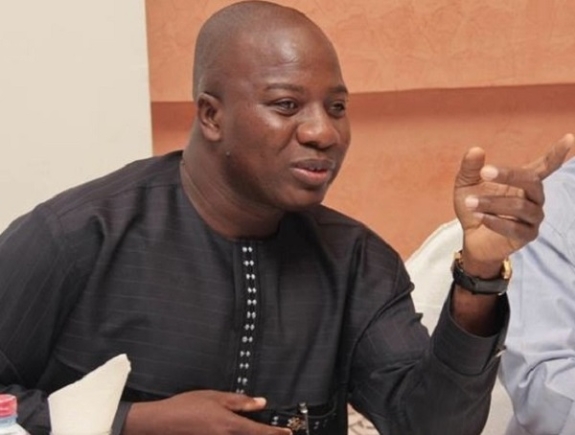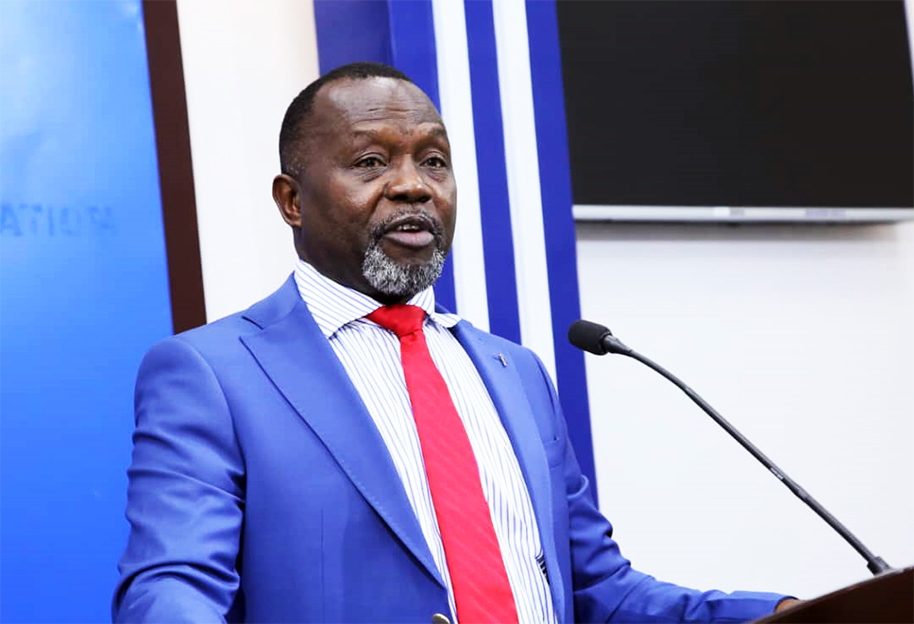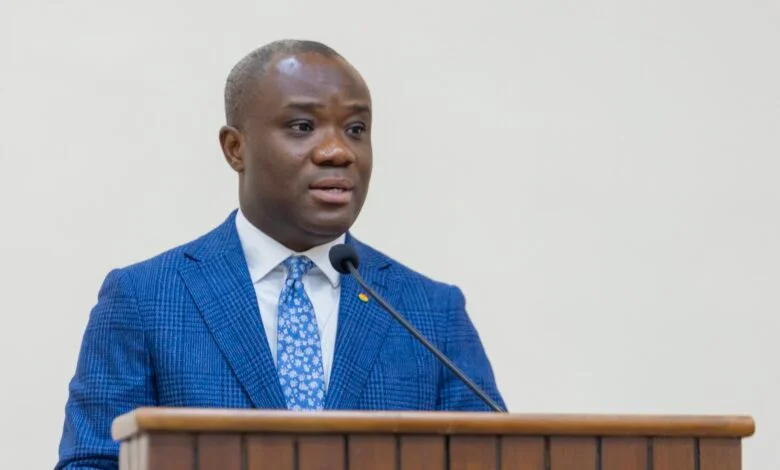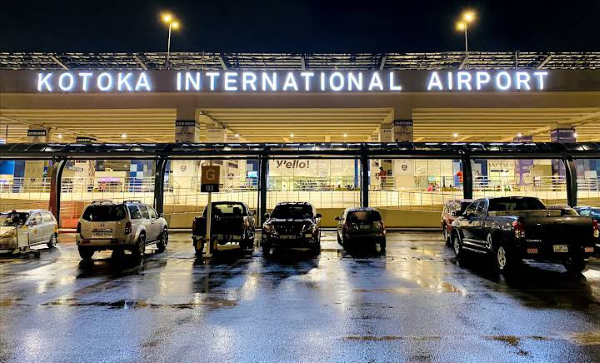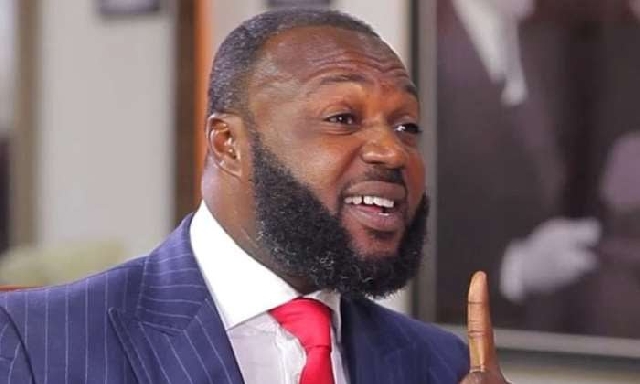The recent decision to grant bail to William Ato Essien, the founder of the defunct Capital Bank, has ignited a fervent public debate about inequality within Ghana’s justice system.
This issue has come to the forefront, particularly highlighting the stark contrast between the treatment of affluent individuals like Essien and the grim realities faced by sick and underprivileged inmates across the nation’s correctional facilities.
Despite suffering from life-threatening illnesses, many prisoners in Ghana endure harrowing conditions, lacking adequate medical care, legal representation, and any semblance of public sympathy. Their plight often goes unnoticed, overshadowed by growing support for Ato Essien, who was convicted for causing financial loss to the state.
Essien’s case has captured significant public interest, culminating in an online petition that has garnered over 3,000 verified signatures, calling for presidential clemency. High-profile advocates such as Dr. John Appiah and veteran broadcaster Kwaku Sintim-Misa (KSM) have lent their voices to the campaign, arguing that his sentence was disproportionately severe and that his attempts at restitution should not go unrecognized.
On a recent ruling, the Court of Appeal granted Essien bail set at GH₵10 million with two sureties, allowing him to remain free pending the outcome of his appeal. Previously, he had been sentenced to 15 years in prison after failing to fully honor a restitution agreement involving GH₵90 million in Bank of Ghana liquidity support funds. Essien’s legal team asserts that he remains committed to repaying the outstanding amount.
However, this development has drawn sharp criticism from various segments of the public and civil society groups, who contend that the justice system disproportionately favors the wealthy and well-connected. Many have raised concerns about why similar compassion and advocacy are not extended to destitute inmates—particularly those battling critical health issues and lacking any form of support or legal recourse.
Critics emphasize that the spotlight on Essien underscores a troubling imbalance within the justice system. They argue that while well-off convicts benefit from extensive legal maneuvering and public advocacy, the voiceless majority languish in dire circumstances, trapped by a system that seems indifferent to their suffering.
One rights advocate succinctly summarized the broader implications of this situation: “This is not about Ato Essien alone. It’s about what kind of justice system we’re building—one that responds to money and influence, or one that guarantees dignity for every Ghanaian, regardless of status.” As the conversation surrounding justice and equality in Ghana continues to unfold, the focus remains on whether the system can be reformed to serve all citizens fairly.
Source: Apexnewsgh.com


